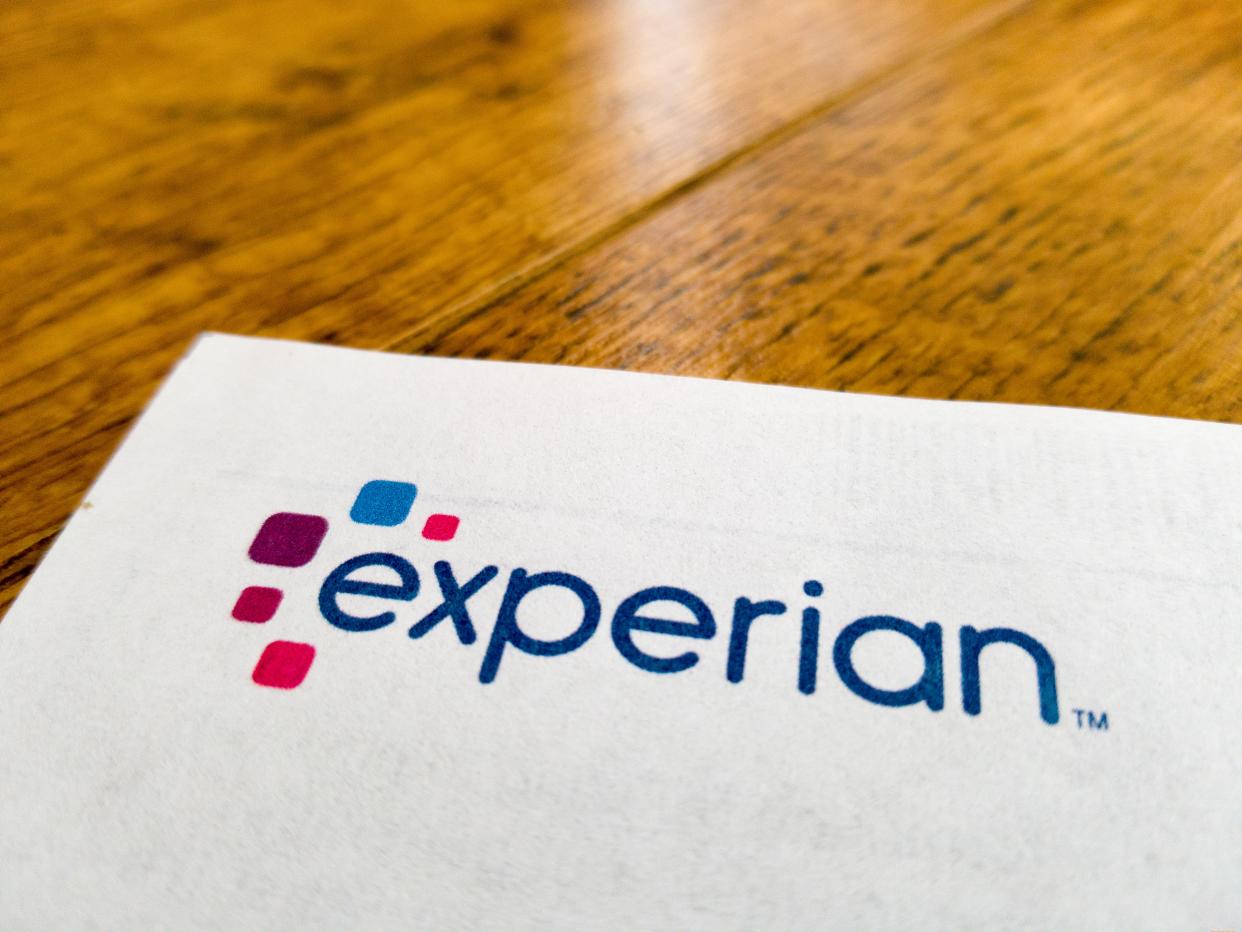What to watch: Experian tops the FTSE, M&S profit falls, and inflations crashes

Here are the top business, market, and economic stories you should be watching today in the UK, Europe, and abroad:
Experian tops the FTSE
Shares in credit checking giant Experian (EXPN.L) jumped to the top of the FTSE 100 after the company increased its annual dividend, bucking the recent trend among corporates of scrapping or cutting shareholder payouts.
Experian declared a final dividend of 47 cents a share for 2020, up from 46.5 cents a share last year.
It came as Experian reported what chief executive Brian Cassin called a “strong” set of annual results. Revenue in the 12 months to 31 March 2020 grew by 7% to $5.1bn (£4.1bn) and operating profit rose 2% to $1.1bn. Pre-tax profit slipped by 2% to $942m.
Cassin said the COVID-19 pandemic had “limited financial impact” on the results.
“While we continue to assess the impact of the crisis on our markets, and we expect near-term revenue to be affected, the nature of our business means we have a degree of resilience,” he said in a statement.
“We are taking mitigating cost actions in the short term, but we are also positioning ourselves to emerge strongly by continuing to invest in our people and growth initiatives.”
Shares rose 7%.
M&S profits fall
Marks & Spencer (MKS.L) saw its pre-tax profits slide 21.1% in the year to the end of March, with the coronavirus lockdown hammering its troubled clothing division.
The iconic high street brand said £500m ($612m) of cost-cutting measures would help steer it through the crisis, which has forced it to close its clothes shop and furlough thousands of staff.
Steve Rowe, its CEO, said: "Last year's results reflect a year of substantial progress and change including the transformative investment in Ocado Retail, outperformance in food and some green shoots in clothing in the second half.
“However, they now seem like ancient history as the trauma of the COVID crisis has galvanised our colleagues to secure the future of the business.”
Inflation crashes
The UK inflation rate fell dramatically to 0.8% in April, meaning that the coronavirus pandemic has resulted in a significant slowdown in the growth of consumer prices in the country.
The year-on-year growth in prices, down from 1.5% in March, is the lowest since August 2016. Compared with March, prices fell by 0.2% in the month, according to the Office for National Statistics (ONS).
Calling the direct effects of the lockdown “muted,” the ONS said the largest downward contribution to price growth came from housing, water, electricity, gas and other fuels, while a sharp fall in the cost of motor fuels dragged down the cost of transport during the month.
Rolls-Royce cutting 9,000 jobs
Aerospace giant Rolls-Royce (RR.L) said it plans to cut at least 9,000 jobs, following the huge impact the coronavirus pandemic has had on the aviation industry.
It confirmed in a statement of its “major reorganisation” of the group that it expects the job losses from its global workforce of 52,000 to help it adapt to a fall in demand from airlines.
The cuts are forecasted to save the company £700m ($856m), helping it towards its overall aim to save £1.3bn annually. The group also said it will also cut spending across plant and property, capital and “other indirect cost areas.”
European stocks fall as doubts grow over vaccine
European stocks fell on Wednesday after experts began to question the reliability of data from potentially promising trials of a coronavirus vaccine.
A report from the highly respected Stat News suggested that Massachusetts-based Moderna (MRNA) had not released enough information about its vaccine candidate to justify the optimism that had buoyed markets in recent days.
The pan-European STOXX 600 index (^STOXX) fell by more than 0.6%. London’s FTSE 100 (^FTSE) declined by 0.5%. Germany’s DAX (^GDAXI) was down by around 0.6%, while France’s CAC 40 (^FCHI) was 1% in the red.
However, by mid-morning the FTSE and DAX were flat, while the CAC 40 was down just 0.5%.
Futures were pointing to a higher open for US stocks on Wednesday.
S&P 500 futures (ES=F), Dow Jones Industrial Average futures (YM=F), and Nasdaq futures (NQ=F) were all up by more than 0.9%.
One in 10 small businesses say they can't reopen safely
In the UK 10% of small businesses are unable to reopen at all under the government’s new pandemic safety guidelines.
The British Chamber of Commerce (BCC) said on Wednesday that a survey of over 600 of its members found one in 10 said they would be unable to reopen safely.
It comes after the UK government last week issued new guidance for businesses about reopening as the COVID-19 lockdown begins to be eased. New rules include social distancing in workplaces and the wearing of face masks in enclosed spaces, such as offices and shops.
The BCC found that just 37% of its members could restart operations at full capacity under the new guidelines; 45% said they could partially restart.

